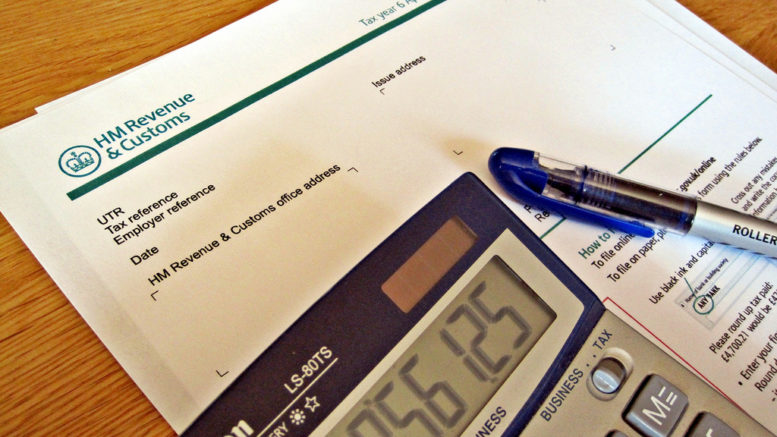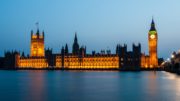Over 200 years ago, Benjamin Franklin said words to the effect that ‘the only certain things in life are Death and Taxes’, rather fatalistic but true. Tax is the bane of the lives of many small businessmen, even those who try to leave it all to their accountants.
Self-assessment forms will be coming out over the next few months to individuals who run small businesses or have an income that is not taxed through PAYE. This includes landlords and affects:
- The self-employed.
- Those with income over £10,000 from savings or investments.
- Those who rent out property and/or receive £2,500 in untaxed income.
- Those who are liable for capital gains tax.
- Company directors. There is an exemption if it was Directorship of a not for profit organisation or charity for which no salary was paid and there were no benefits from the organisation.
For 2 or 3 years, HMRC have been encouraging on-line self-assessment and the intention is that one day, all claims will be made on-line. To aid this, they have implemented deadlines for returns, with it being 3 months earlier for paper returns.
- Registration for self-assessment is 5th October.
- Paper returns must be made by Midnight, 31st October.
- Online returns must be made by Midnight 31st January.
An on-line return to be completed this month, is to cover the year 2015-2016. When the assessment is completed, HMRC will make contact to say how much tax is owed. This will not need to be paid, though, until Midnight 31st January – in this case, 2018. It is hardly surprising that many people become confused!
Landlords must keep accurate paper work. They can be asked to provide relevant documentation and inaccurate or incomplete records can lead to penalties. Try to get duplicates if any documents have been lost, but if this is impossible note in the ‘any other information’ box that the figures provided are estimated or provisional figures – ‘provisional figures’ mean that at some stage, paperwork will be obtained to verify the sums shown; ‘estimated figures’ are figures which cannot be supported by paperwork.
There are expenses which are allowable as part of business expenses and therefore can be set against tax. These include:
- costs of running a vehicle associated to the business;
- mileage;
- costs of running business premises (which would include utilities, telephone and internet);
- salaries and wages;
- any assets which were purchased for the use of the business – this could include office furniture, IT equipment, software;
- any training courses undertaken for the benefit of the business;
- payments made for any membership of a trade organisation.
Not surprisingly, if the tax return is submitted late, a landlord is liable to a penalty – landlords are assailed on every side by the threat of penalties, for not protecting deposits correctly, for failure to undertake gas safety checks (even when this is because the tenant doesn’t allow access). A penalty of £100 is made if a tax return is returned up to 3 months late, with penalties increasing if the return is more than 3 months late or the tax payment is made late.
Taxes are certain and you will have to pay them. Keep clear records and retain them for 5 years after the 31st January deadline for the tax year and you should survive to fight another day, perhaps annoyed, because you feel you have paid too much, maybe irritated at the information asked for, but confident you have paid what you are required to.
For advice on buy to let issues – General Knowledge









Be the first to comment on "Landlords and Self-assessment Tax"